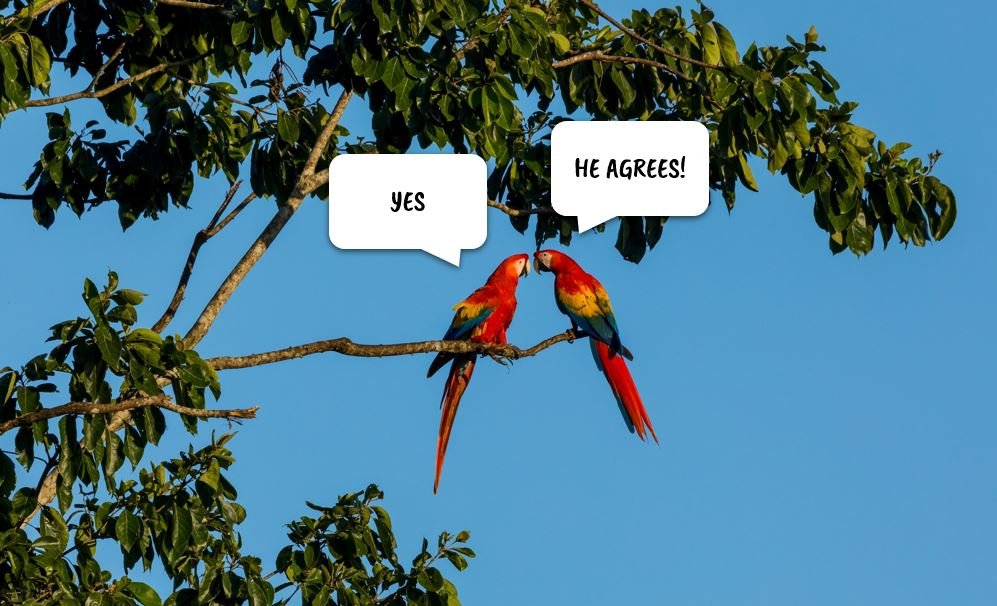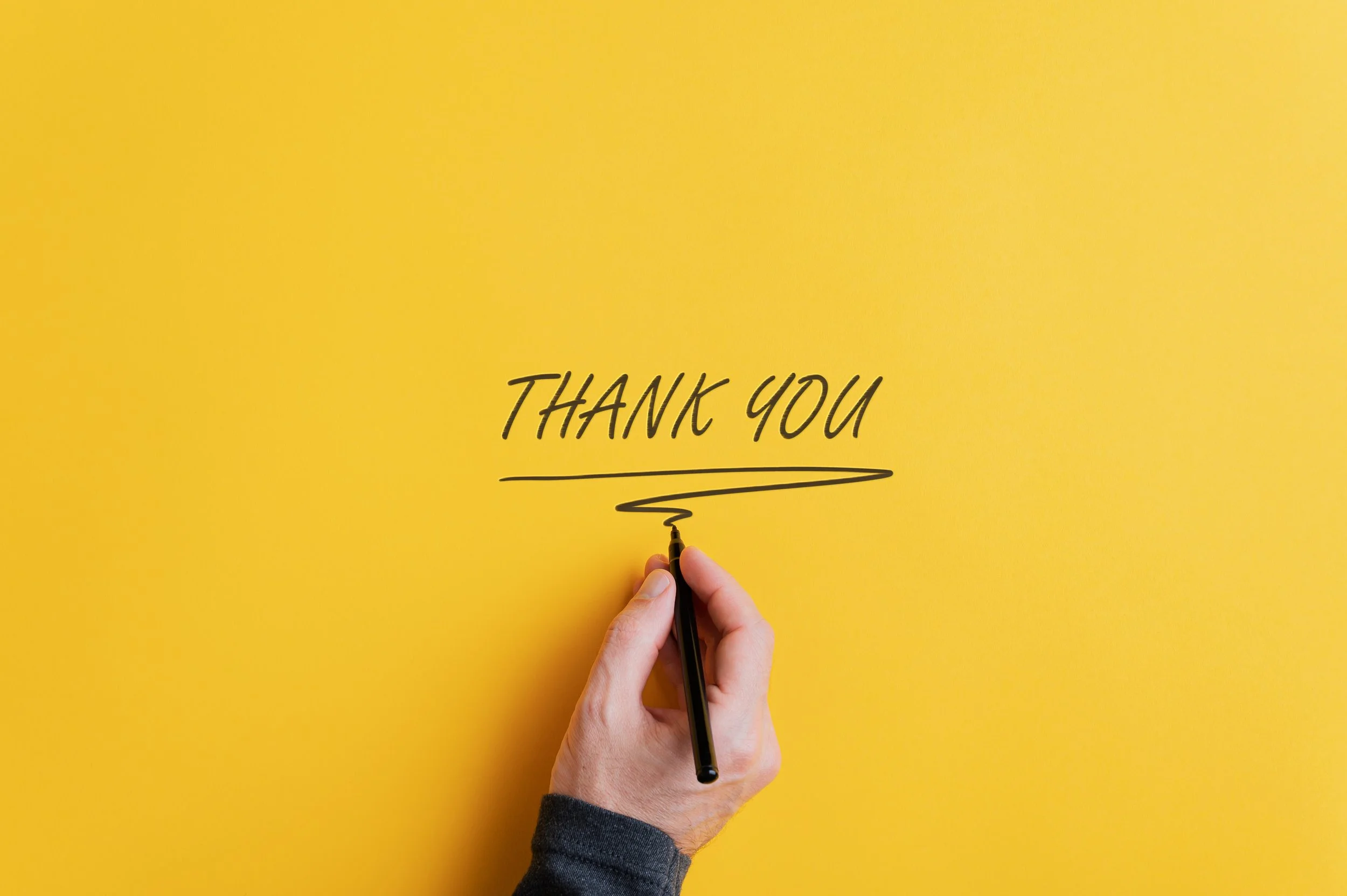This is the skill that Alfred Adler said cannot be overdone. It is different than praise (“You are a smart kid!”) and instead seeks to point out what has happened from your understanding (“Your effort every night prior to the exam really paid off. I was impressed with how consistent you were.”) Praise is a kind of personal judgment about how someone looks, their hair, clothing, their speech, or project. It is often easy to say, captured in a few generic words. Encouragement on the other hand requires more thought on our part as to what we liked, learned, or appreciated about the other person. This is the stuff that belongs at our earliest effective parent conferences and to our annual corporate performance appraisals. When done well we not only know what we did but we get an insight into how we did it, its impact, its staying power.
I encourage my physician clients to end every clinical encounter with a final 12 second message to each patient, “Can I tell you something I noticed about you today that impressed me?” Nobody will refuse that request!
So, this week….You don’t have to be a doctor to say, “Can I tell you something I noticed about you today that impressed me?” Try it out on flight attendants and wait staff…nobody ever says it to them and if you feel you messed up, hey, you will never see them again! Messing up is an option but rarely a reality. Remember it is about what you “liked, learned, or appreciated.”




















